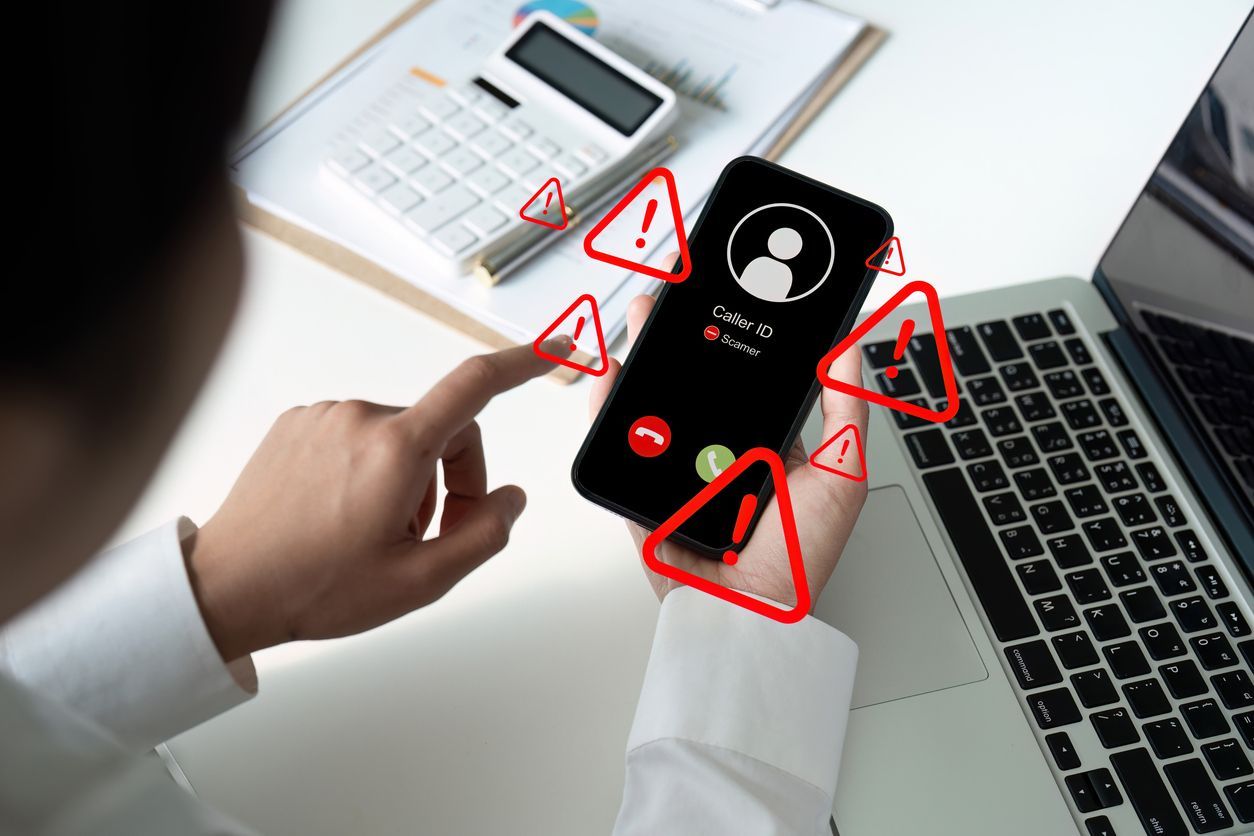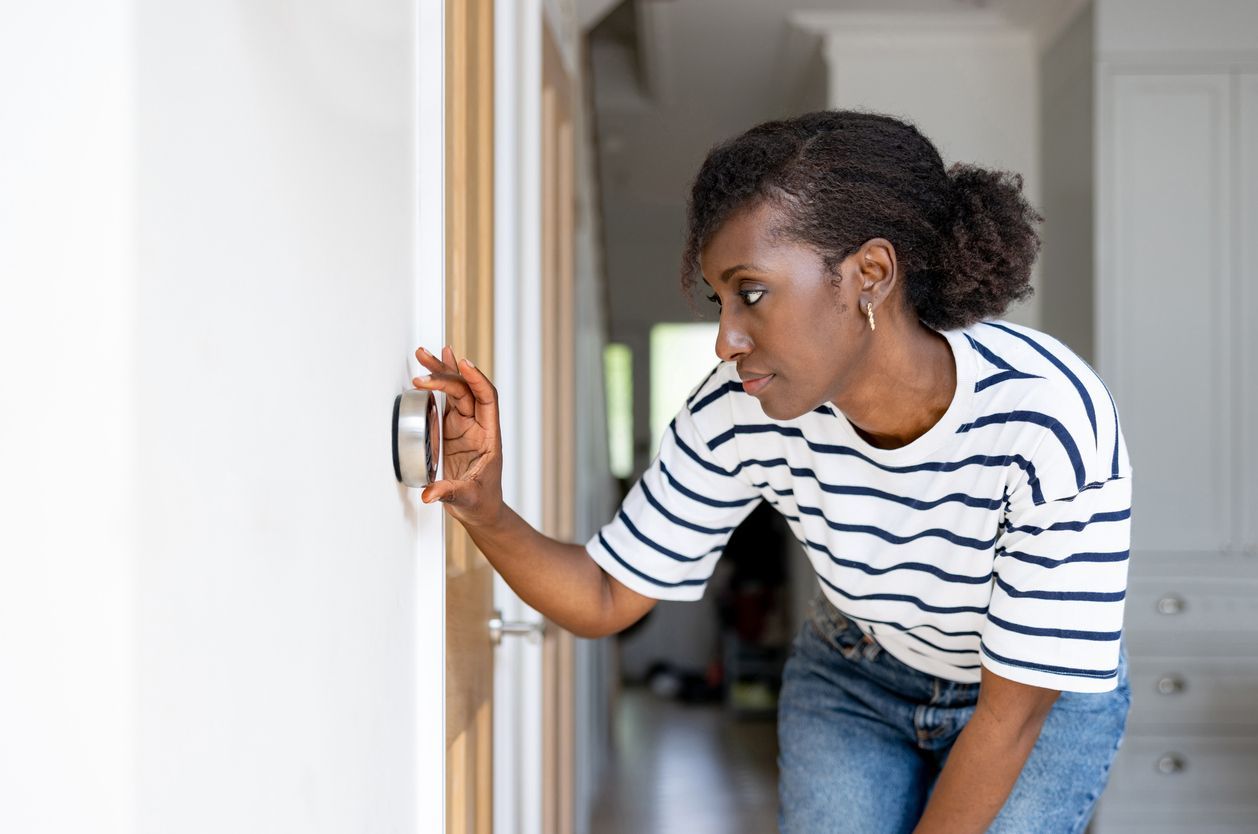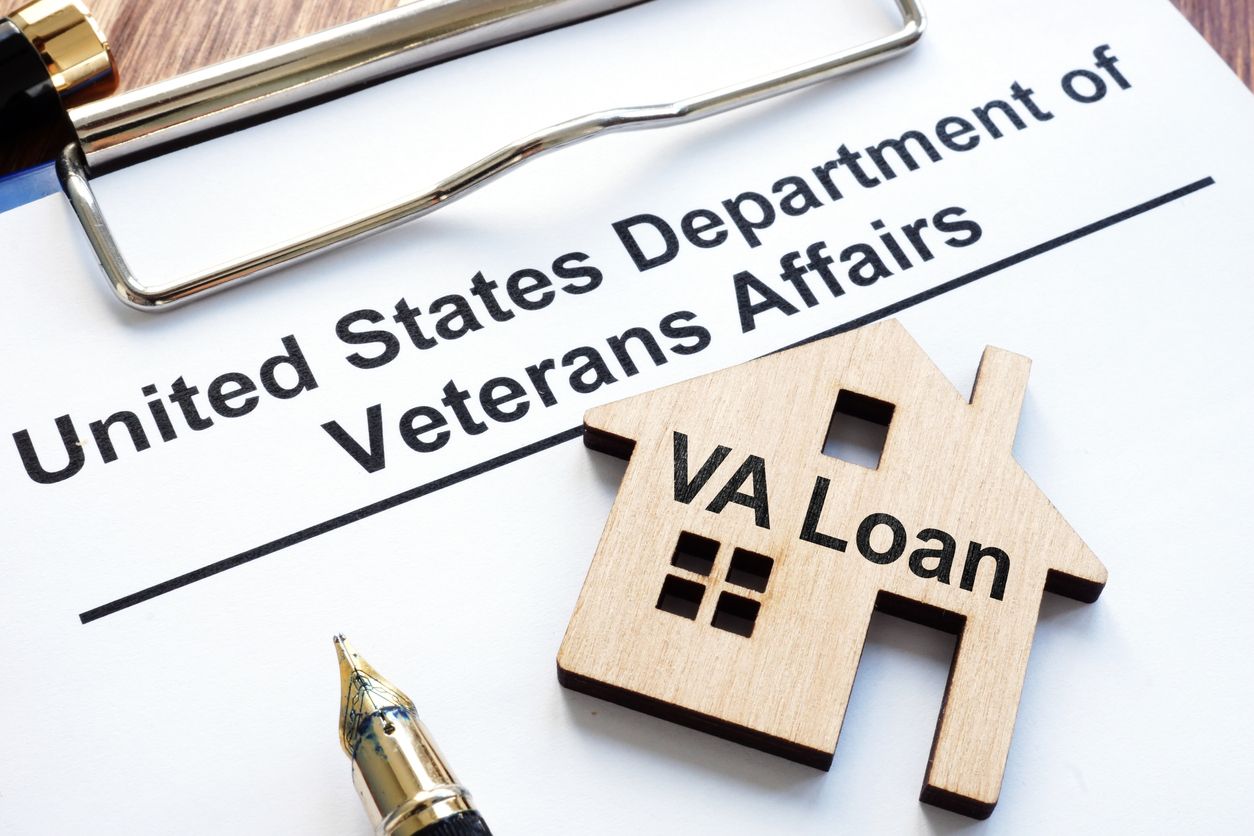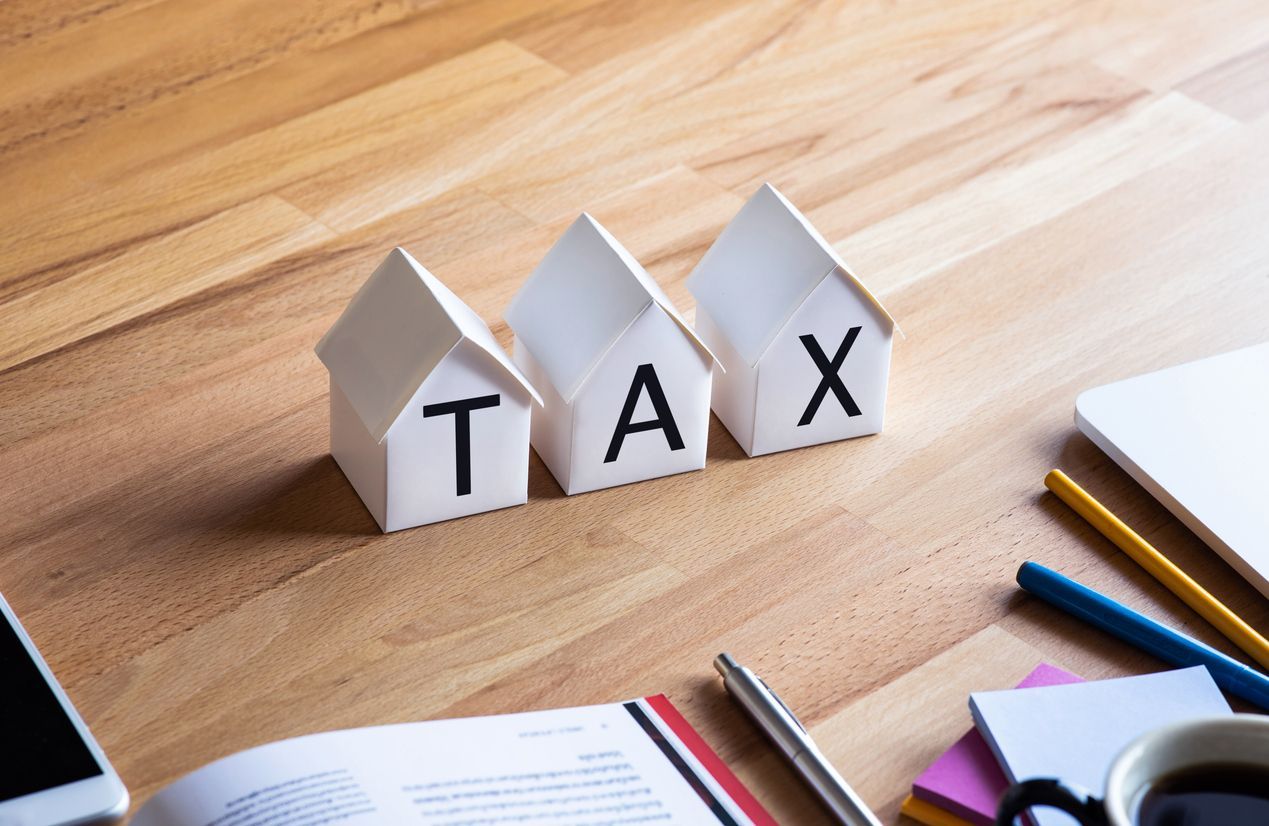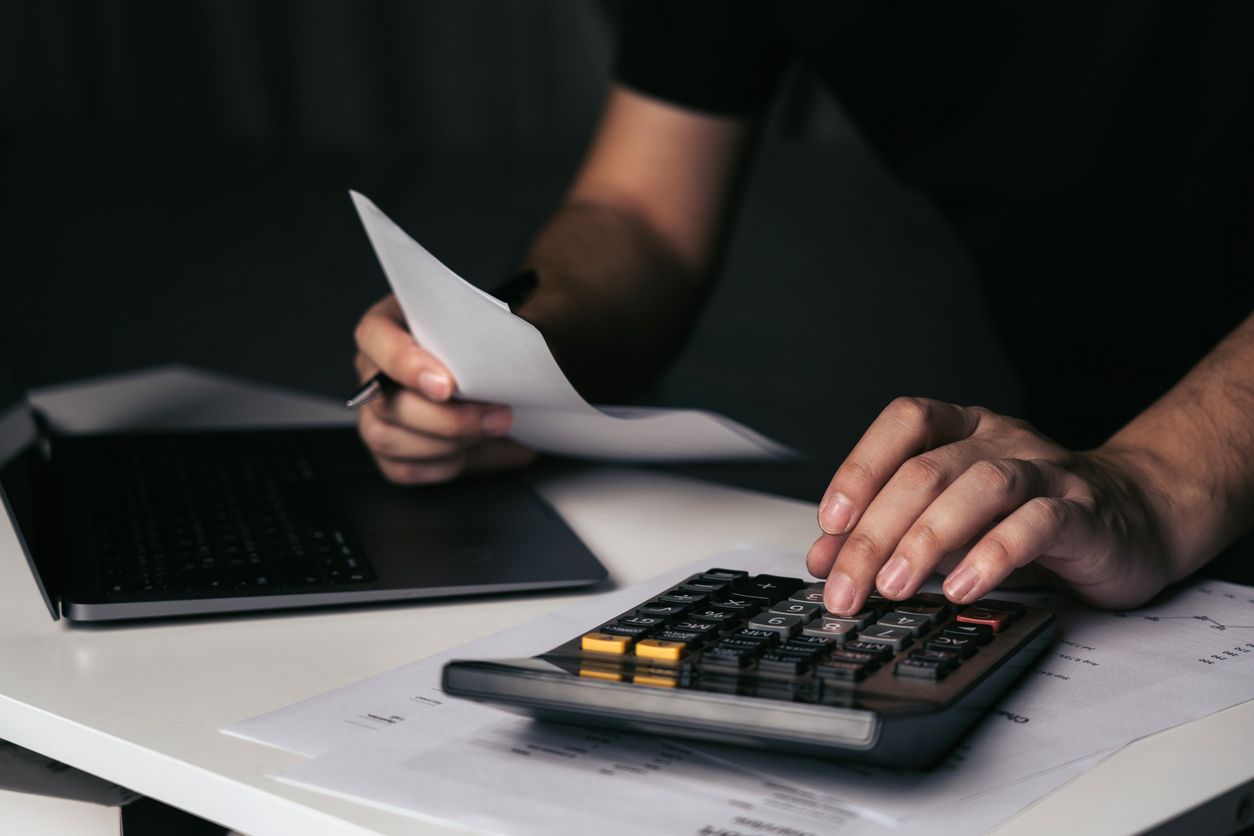First-Time Renter’s Guide: What Fees to Expect in New York

Maybe you’ve just listed your current house and are looking to rent while you find the home that’s right for you. Maybe you aren’t prepared to commit to buying and prefer to have more flexibility to change location, to pay lower utility bills, or to continue building up your savings. Maybe this is your first time moving out on your own.
No matter why you’ve chosen to rent, it’s important to be prepared for the fees and expenses associated with renting.
1. Application Fee
The application fee is a standard fee and should be included on the rental application and may be waived if you provide your own recent background and credit checks. You’re entitled to a copy of the reports that the landlord generates, and if your application is denied before the background and credit checks are run, you’re entitled to a refund of the application fee.
In 2019, the New York Department of State limited application fees to $20 per applicant.[1] Administrative and Processing Fees are included in the Application Fee in NYS.[2]
2. Broker Fee
Broker fees can range in price and are usually a small percentage of annual rent. Brokers help find and secure your tenancy, monitor the contract signing and negotiate the rate for you. A broker fee is paid once and not when renewing the lease annually or bringing in a roommate.
3. First Month’s Rent
Prior to 2019, a landlord might ask for first AND last month’s rent prior to your move-in date, in addition to the security deposit and other fees, but that’s no longer legal. You can expect to pay one month’s rent, the first month, prior to your move-in date.[3]
4. Security Deposit
The security deposit cannot legally exceed one month’s rent and must be returned to you within 2 weeks after you’ve vacated the deposit. It’s a deposit on potential damage that might occur while you’re living on the premises that exceed the standard wear-and-tear. If the security deposit is not returned to you within 2 weeks after you’ve left, the landlord must provide an itemized statement showing why it was retained.[4]
This is why it’s always a good idea to take photos or video evidence of the space before you’ve signed the lease to document any damage that was incurred prior to you taking responsibility.
5. Move-In & Move-Out Fees
Move-In and Move-Out Fees might include something like the cost of utilizing the elevator in a high-rise for an extended period of time. When moving in, the fee may include the cost of changing the locks and having keys made, the cost of updating the mailbox, and a deep cleaning fee. Cleaning fees might also apply when you move out as well.
6. Utilities
Be sure to ask if your monthly rent includes water, gas, electric, cable, and/or WiFi utility services. Some of these may be included in your monthly rent and some you’ll be responsible to secure on your own. You may have your own meter and be independently responsible for paying, as a homeowner would be, or you may be asked to pay a flat rate monthly in addition to your rent to cover the utilities. If you suspect that you’re paying unfairly for a shared meter – for example, if you are being charged for electricity usage as indicated by a meter which is also measuring electricity being used in a building’s common area – you can and should file a complaint with the state of New York.[5]
7. Amenities
Amenities fees might include groundskeeping, pool or gym use, or rooftop access. Amenities may be included as a part of your rent, paid monthly or annually, and may be mandated or charged on an opt-in or as-needed basis.
8. Pet Fees
If a lease agreement doesn’t mention pets, don’t assume that pets are permitted, because hefty fines can be levied if expression permission has not been given. In some cases, you’ll be asked to pay a pet deposit, which will be returned to you when you move out pending inspection for damages. In other cases, a pet fee will be added to your monthly rent. You may be charged per animal or as a blanket fee covering all pets.
9. Parking Fees
Parking, like any other amenity, may be part of your monthly rent or paid as an annual fee. With a parking fee, you can expect access to a private lot, a specifically designated parking spot, driveway access or garage access.
10. Renter’s Insurance
Experts agree that renter’s insurance is recommended, even it isn’t required by your landlord. Renter’s insurance covers fire, theft of personal belongings, and personal liability.[6] It may be less expensive than you think, averaging under $200 per year in New York.[7]
11. Late Rent Fee
It may seem strange to ask a prospective landlord what the fee for paying your rent late will be, but even the most diligent renters should be aware of the ‘what-ifs’. In New York, a rent payment can only be considered late if it’s received more than five days after the rent is due, which is something you may need to remind your landlord of when and if the moment arises. You can also only be charged $50 or 5% of your rent at most, whichever is less.[8] That means that for a monthly rent payment of $1500, the maximum late fee is $50, because 5% of $1500 is $75, exceeding the $50 maximum.
12. Early Termination Fee
Typically, it’s wise to give at least 30 days’ notice of your intention to break a lease. Early termination can cost anywhere between one- and four-months’ rent, and the terms should be clear in the lease agreement. There are exceptions to this fee, related to the age and income of the tenant, but in any case, it’s best to inform the landlord as early as possible of your plans. Finding a subletter for the apartment can help mitigate the cost of breaking the lease.
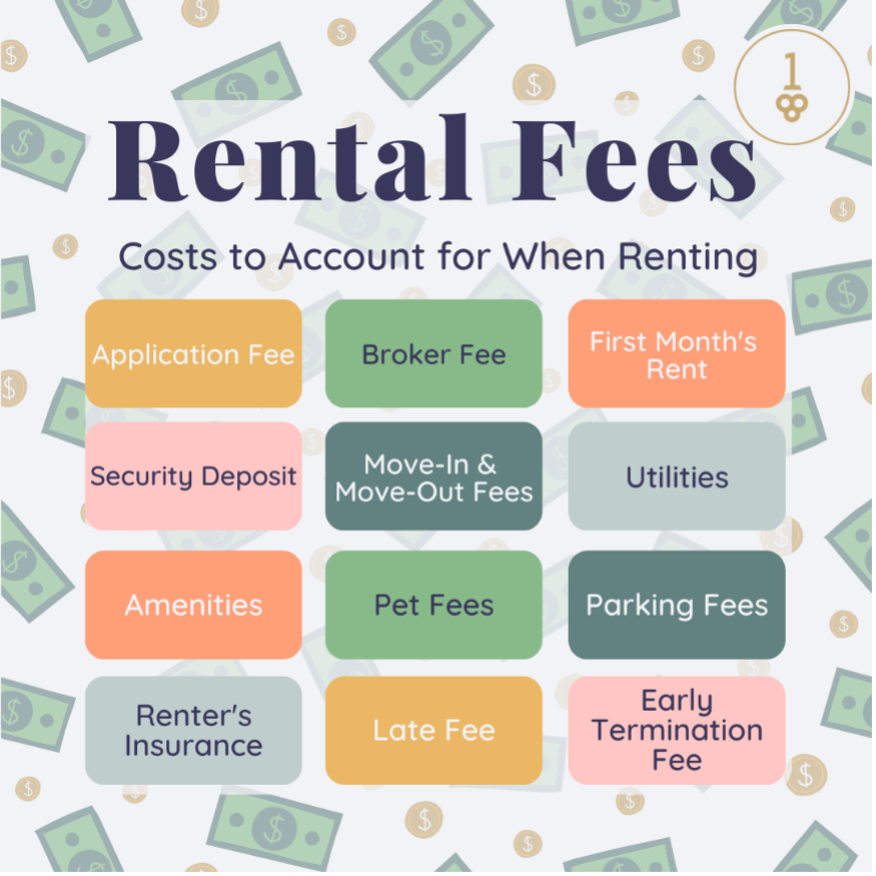
Final Thoughts
When you’re going over your lease agreement, read everything carefully and ask for the assistance of a Realtor®, who is your local expert and advocate for all things real estate.
Always get everything in writing. Unfortunately, a verbal promise or handshake deal with your landlord will not hold any weight above the documents you’ve signed if you find yourself in a legal dispute.
Do your research and ask questions. The references noted below are all excellent places to read about your rights as a tenant renting in New York. Start there and make a note to ask whatever you need to feel confident that you understand the terms and conditions of your new lease.
Read more about Renting in our post: First-Time Renter's Guide: 50 Questions to Ask Before You Sign a Lease

